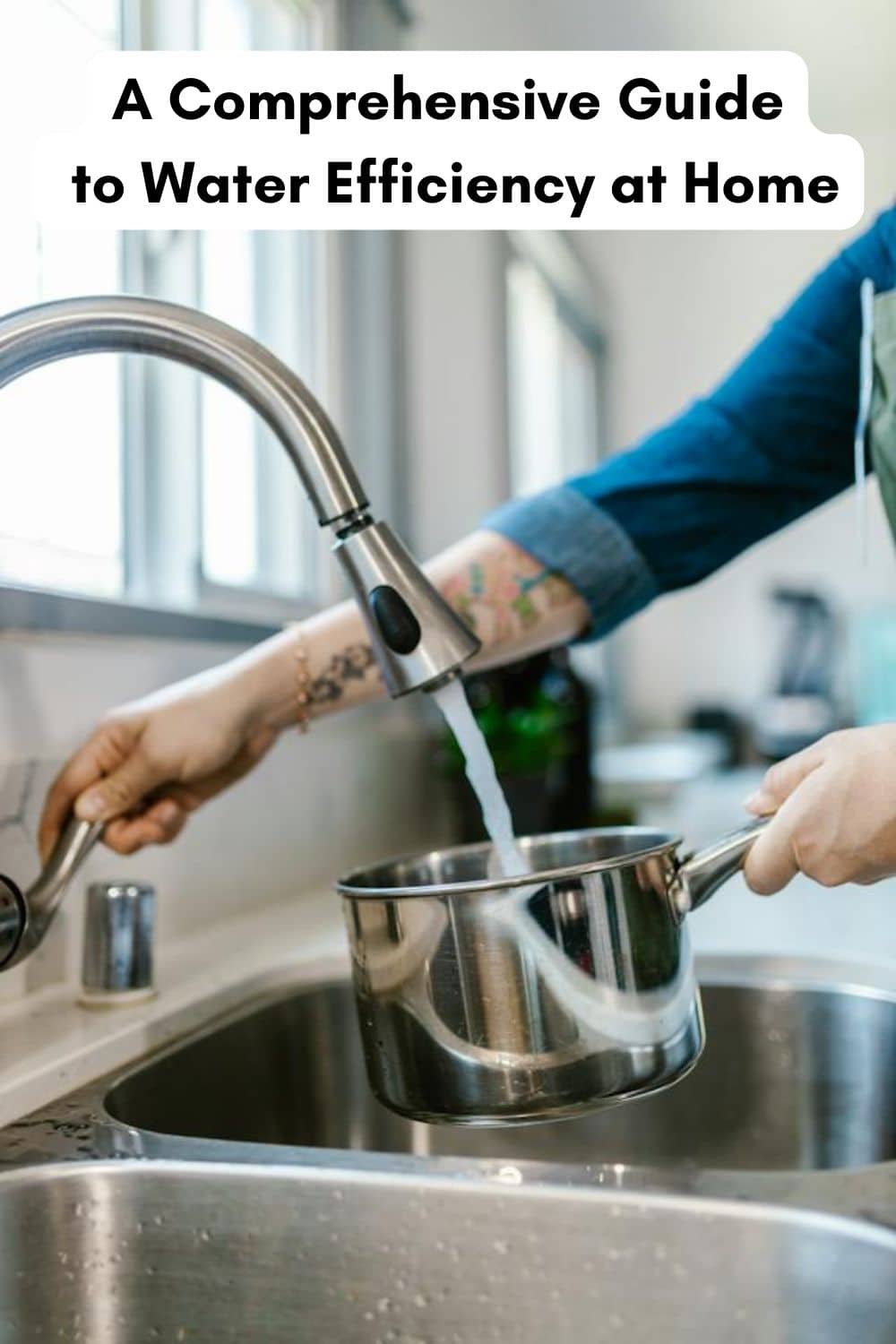Water is a precious resource, and as environmental awareness grows, so does the importance of practicing water efficiency in our daily lives. From reducing water bills to contributing to conservation efforts, adopting water-efficient habits at home is a win-win for both homeowners and the planet. This comprehensive guide will explore various strategies and technologies to enhance water efficiency, making sustainable choices a seamless part of your household routine.
Monitor Water Usage:
Installing water meters and monitoring your household’s water usage provides valuable insights into consumption patterns. Many utility companies offer online platforms or mobile apps that allow homeowners to track their water usage in real-time. By staying informed, you can identify problem areas and set goals for reducing overall water consumption.
Upgrading to Water-Efficient Fixtures:
Older plumbing fixtures often use more water than necessary. Consider upgrading to water-efficient fixtures to maximize water savings. Low-flow toilets, aerated faucets, and high-efficiency showerheads are easy replacements that can significantly reduce water consumption without compromising performance. Look for fixtures with the WaterSense label, indicating that they meet EPA criteria for water efficiency and performance.
Rainwater Harvesting Systems:
Harvesting rainwater is an eco-friendly way to supplement water for outdoor use. You can collect and store rainwater for later use in watering plants or even flushing toilets. Basic rain barrels connected to downspouts are a simple and cost-effective way to start harnessing the power of rain. At the same time, more complex systems can be integrated into your home’s plumbing for greater efficiency.
Greywater Systems:
Greywater, which is wastewater generated from domestic activities like laundry, bathing, and dishwashing, can be repurposed for non-potable uses such as watering plants. Installing a greywater system involves diverting water from sources like washing machines to a separate collection system. While implementing greywater systems may require professional installation and compliance with local regulations, they can significantly contribute to water conservation efforts.
Consider Solar Water Heating:
For homeowners looking to make a more significant investment in sustainable water heating, solar water heating systems are an excellent option. While the initial setup cost may be higher, solar water heaters can lead to substantial long-term savings on energy bills and significantly reduce your household’s carbon footprint.
Efficient Irrigation Systems:
Traditional irrigation systems can lead to water wastage due to overwatering or inefficient distribution. Upgrade to smart irrigation systems that use weather data and soil moisture sensors to tailor watering schedules to specific conditions. Drip irrigation is another efficient option that delivers water directly to plant roots, minimizing evaporation and runoff.
Consider Water-Efficient Landscaping Designs:
If you’re planning to redesign your outdoor space, consider water-efficient landscaping designs. Xeriscaping, for instance, involves using native plants, rocks, and other materials that require minimal water. Thoughtful design can create visually appealing landscapes while reducing the need for irrigation, contributing to both water conservation and a beautiful outdoor environment.
Conclusion
Embracing water efficiency at home involves a combination of mindful habits, smart technologies, and eco-friendly practices. From fixing leaks and upgrading fixtures to incorporating rainwater harvesting systems and implementing water-efficient landscaping, there are numerous ways to positively impact water conservation. By adopting these strategies, homeowners can reduce their environmental footprint and enjoy the financial benefits of lower water bills. Making water-efficient choices is a step towards a more sustainable and responsible lifestyle, contributing to the global effort to preserve this invaluable resource for future generations.





Leave a Reply